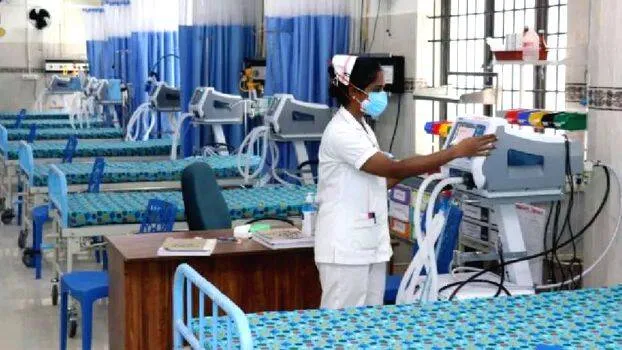

Many trends in the healthcare sector are not desirable. In particular, it is a common experience and knowledge of the public that patients are subjected to excessive exploitation in private hospitals. However, no one is usually willing to file a complaint against private hospitals and proceed with the case. Today, five-star and seven-star facilities are available in private hospitals themselves. Complaints have also been raised about insurance companies and private hospitals working hand in hand. Except for very low-income earners, most people approach private hospitals for treatment. The perception and belief that they will receive better care, attention and treatment motivates patients to do so.
Since everyone is giving first priority to healthcare in modern times, many new rich people have entered the hospital business, seeing the healthcare sector as a field where they can easily earn money. This has led to a decline in the quality of treatment and an increase in exploitation. Although the quality of government hospitals has improved compared to the old ones, the patient and his relatives often do not get a satisfactory approach from there. The reality is that the shortage of doctors and the high number of patients are disrupting the rhythm of all government hospitals. If this changes, a situation will arise in which the exorbitant charges of private hospitals will be self-regulated. However, this is not happening.
Although a group of complainants approached the Supreme Court, alleging that private hospitals are forcing them to buy medicines at exorbitant prices and demanding intervention to prevent exploitation, the Supreme Court opined that it would not be right for the court to issue mandatory instructions and that states should formulate policies to prevent such exploitation. The top court asked all states to prepare comprehensive policies and guidelines to protect patients and their assistants from exploitation and to ensure that unfair charges are not billed. At the same time, the court has also directed that unreasonable restrictions against new private institutions entering the healthcare sector should not be part of the policy. In light of this suggestion, all states should appoint an expert committee to study the formulation of such a policy and submit suggestions.
States should create a permanent system that will not unnecessarily interfere in the daily operations of private hospitals, but at the same time help prevent excessive charges. This system should be able to receive complaints against private hospitals, investigate and rectify any injustices that have occurred. Along with this, steps should be taken to restore the lost credibility of government medical centers. Such steps are essential to prevent people from wandering around without being able to afford the cost of treatment. A large section of the best doctors leave government institutions and rely on the private sector, owing to the higher remuneration offered by them. State governments should also be prepared to revise the remuneration of doctors in government hospitals in a timely manner and at fixed intervals.